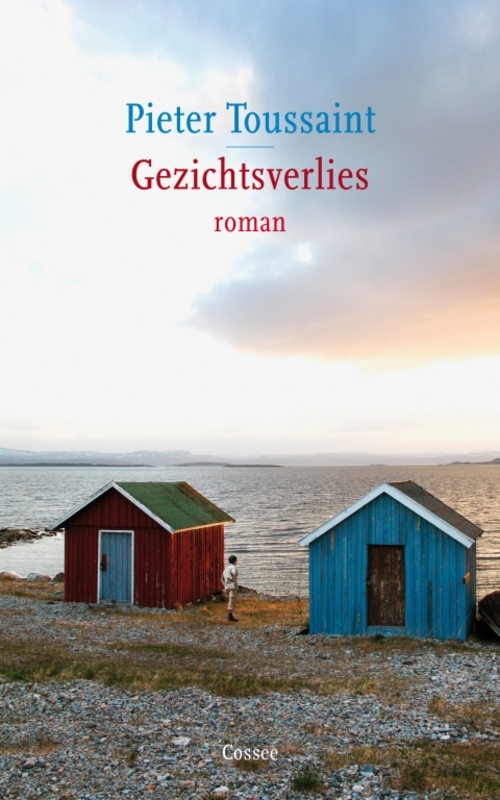
Viktor Rijshout is a Statistics professor at the University of Trondheim in Norway. One day he is visited by a senior official of the Ministry of Justice. The gentleman offers him a well-paid assignment in which Rijshout has to tinker with the values of science.
He knows why the assignment is so well-paid, but still he makes a calculation on the probability of the involvement of a nurse with the death of a group of children. Can statistics prove anything in a murder case?
The heavy criticism that follows remind him of the hardships of his life: lost friendships, a broken marriage and the death of his son. Chased by the executioners and the press he flees to his cabin in the mountains. But this is not where he will find peace of mind and more than ever he relives the day that his son drowned in the nearby lake. In a painfully detailed reconstruction Rijshout lowers himself into the ice cold water, hoping that science will help him find an answer to the untimely death of his son. Which could also give him salvation from the nagging feeling of guilt of which he doesn’t know the reason why it’s in his mind.
‘The novel feels like a crime novel and the gnarly, dry writing style is a big part of its appeal.’ – NRC Handelsblad ****
'Pointy and clearly written. Clean as a Norwegian breeze shooting through the fjord. But that is an illusion, as Toussaint drags you into the deep, without you noticing it. I give it 8,5 out of 10.' – Libelle.n
‘Out of Sight is a sharp and compact novel about the inevitably human side of science, about coincidence, guilt and making choices. Toussaint manages brilliantly to relay the main character’s tragedy with his detached style. You could object to the choices that Viktor Rijshouts has made, but his life full of traumas demands you to understand how these choices were made. This painful tension has been composed straightforward but very effective by the author in a novel wherein nothing is left to chance.’ – Recensieweb.nl *****
'Toussaint knows how to tell a good story with the power of suggestion. Every sentence is layered and you can feel Viktor's discomfort. While you can read this relatively short novel pretty quick, you sense that the author has more writing up his sleeve. The only thing we could blame Pieter Toussaint is that we would like to see a bigger novel in which his talents are demonstrated even more.' – CuttingEdge.nl ****
‘This short novel by Pieter Toussaint beautifully explains the dilemma’s of a scientist and is very topical. How the main character deals with the loss of his son seems to be a rational story. But gradually in the book the father’s emotions come more and more to the surface.’ – Literair Nederland
‘Toussaint has a gift to write in great detail without becoming spacious. On the contrary, his few words and particularly effective. A bit of nostalgia, Norwegian fjords, a natural style of writing.’ – Literatuurplein.nl